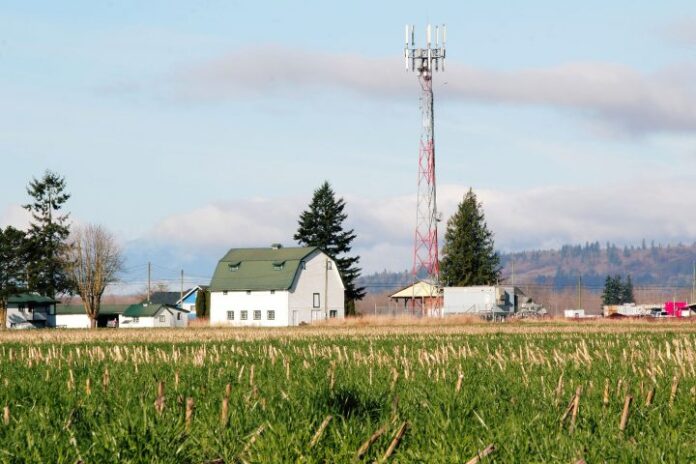T-Mobile US will pay a $40 million fine and admit fault in a settlement involving failure to complete rural calls while inserting illegal false rings so that it appeared to consumers that the calls were going through.
The settlement is the result of a Federal Communications Commission enforcement bureau investigation launched on the basis of consumer complaints. According to the FCC settlement order (pdf), in the summer months of 2016, T-Mobile US callers reported at least 40 incidents in which their calls to customers of three rural carriers in Wisconsin did not go through, even though the callers sometimes heard ring tones. The issues were referred to T-Mobile US with reminders that inserting false rings tones was prohibited, according to the FCC.
“Although T-Mobile reported to the FCC that the problems had been ‘resolved,’ the Commission continued to receive complaints that calls were failing. In addition, call completion complaints filed directly with T-Mobile showed patterns of problems with call delivery to consumers in at least seven other rural areas,” the FCC said.
Three T-Mobile US customers filed informal complaints with the FCC’s Consumer and Governmental Affairs Bureau, in which they described troubles reaching rural landline phones in a particular exchange.
“Records subsequently obtained from T-Mobile show that, in addition to filing complaints, together, these
consumers called T-Mobile at least 13 times between June 5 and August 18. T-Mobile subsequently
replicated call failures through test calls,” the FCC said.
“It is a basic tenet of the nation’s phone system that calls be completed to the called party, without a reduction in the call quality—even when the calls pass through intermediate providers,” said FCC Chairman Ajit Pai in a statement. “The FCC is committed to ensuring that phone calls to all Americans, including rural Americans, go through.”
In addition to the fine, T-Mobile US must file compliance reports on how it is addressing the issues within 90 days and then annually for the next three years.
Back in 2012, the FCC Wireline Competition Bureau issued a declaratory ruling that there were significant issues in rural call completion and quality, including calls that failed to complete when dialed, calls with poor voice quality and “calls that ring for a prolonged period for the caller but that do not ring, or ring on extremely delayed basis, on the receiving end.” That declaratory ruling was followed up in 2013 with a warning to carriers to take rural callers’ complaints about call failures seriously, and by January 2014 a new rule was in place to prohibit “false ring tones.” The FCC said that false rings occur when a provider “prematurely triggers audible ring tones to the caller before the call setup request has actually reached the terminating rural provider. That is, the calling party believes the phone is ringing at the called party’s premises when it is not. An originating or intermediate provider may do this to mask the silence that the caller would otherwise hear during excessive call setup time. As a result, the caller may often hang up, thinking nobody is available to receive the call. False audible ringing can also make it appear to the caller that the terminating rural provider is responsible for the call failure, instead of the originating or intermediate provider.”
The FCC noted in the T-Mobile US settlement order that the carrier said that in 2007, it “began using servers that included a ‘Local Ring Back Tone’ (LRBT) for calls from certain customers that took more than a certain
amount of time to complete.” In 2013, T-Mobile US migrated to different servers and “began using the LRBT only for the out-of-network calls from its customers that were routed via Session Initiation Protocol (SIP) trunks and that took more than a certain amount of time to complete, and that it continued its practice of using the LRBT on such calls (and expanded the LRBT to cover such calls on additional SIP routes) after the FCC rule prohibiting the practice went into effect in January 2014.
“Because T-Mobile applied this practice to out-of-network calls from its customers on SIP routes that took
more than a certain amount of time on a nationwide basis and without regard to time of day, the LRBT
was likely injected into hundreds of millions of calls each year,” the FCC concluded.
The FCC said that the settlement with T-Mobile US is its sixth settlement over rural call completions.

